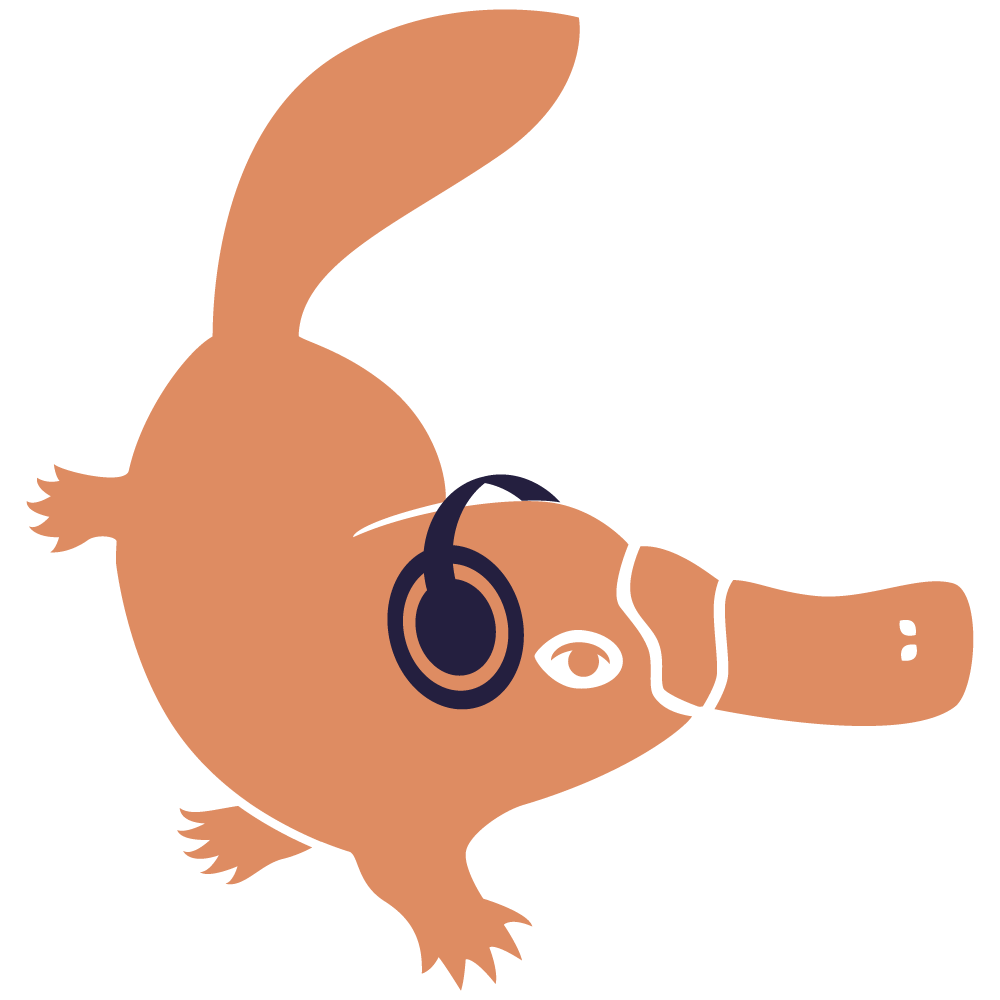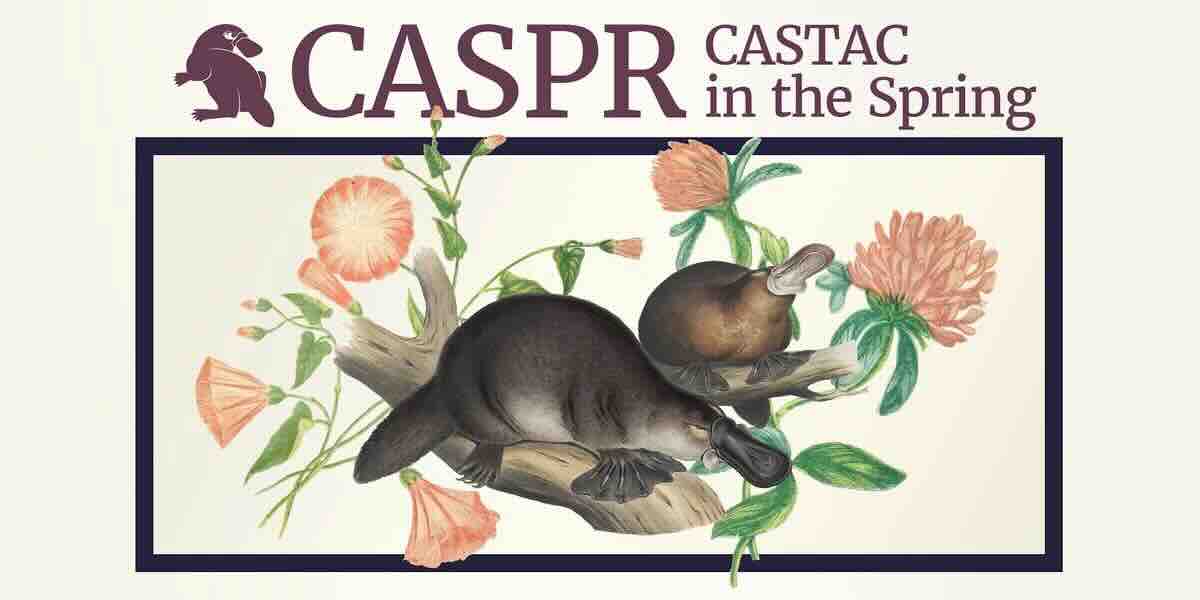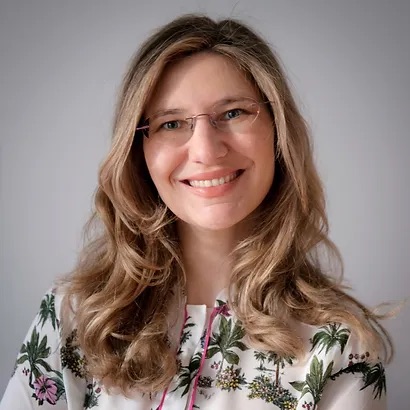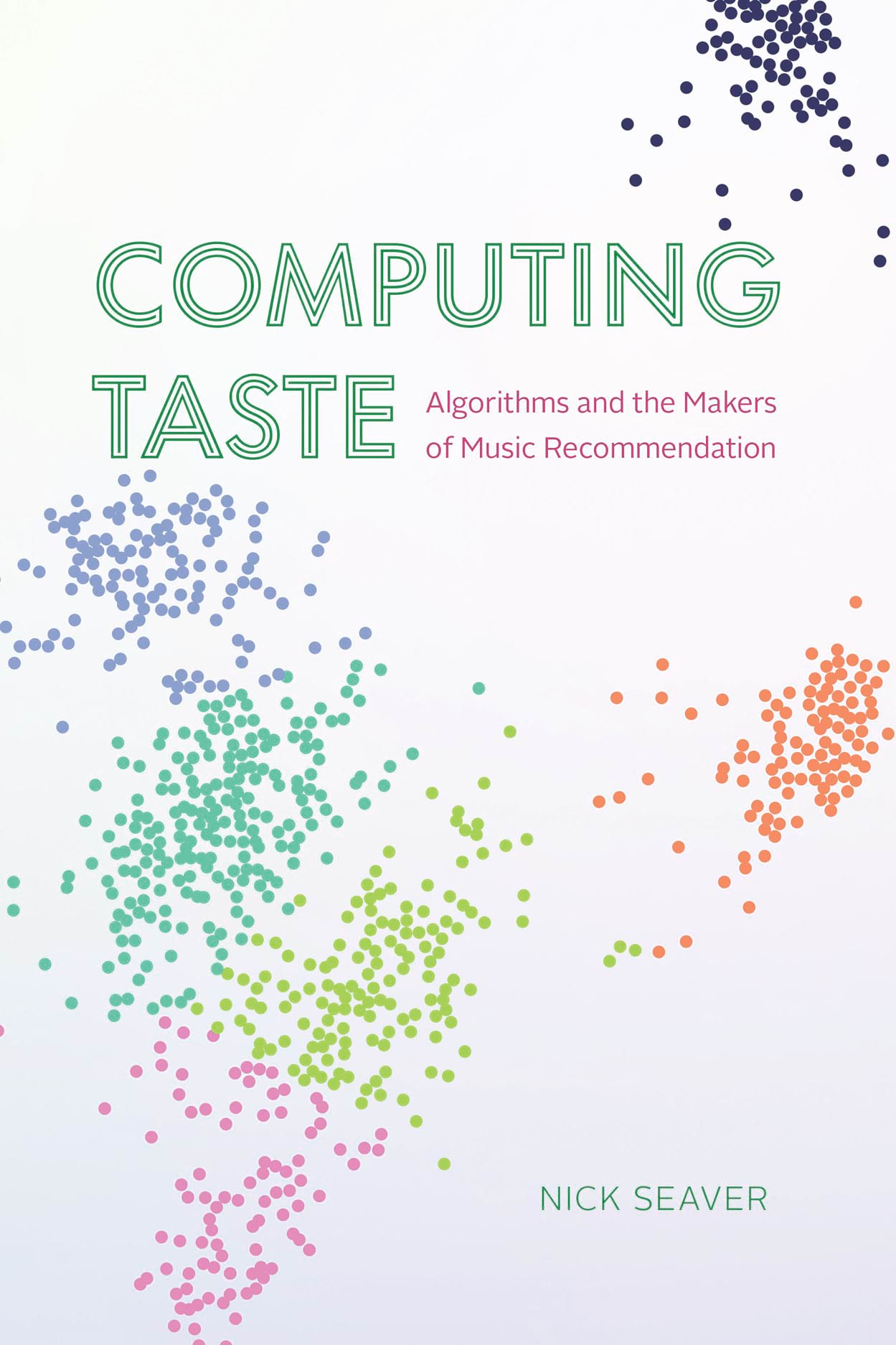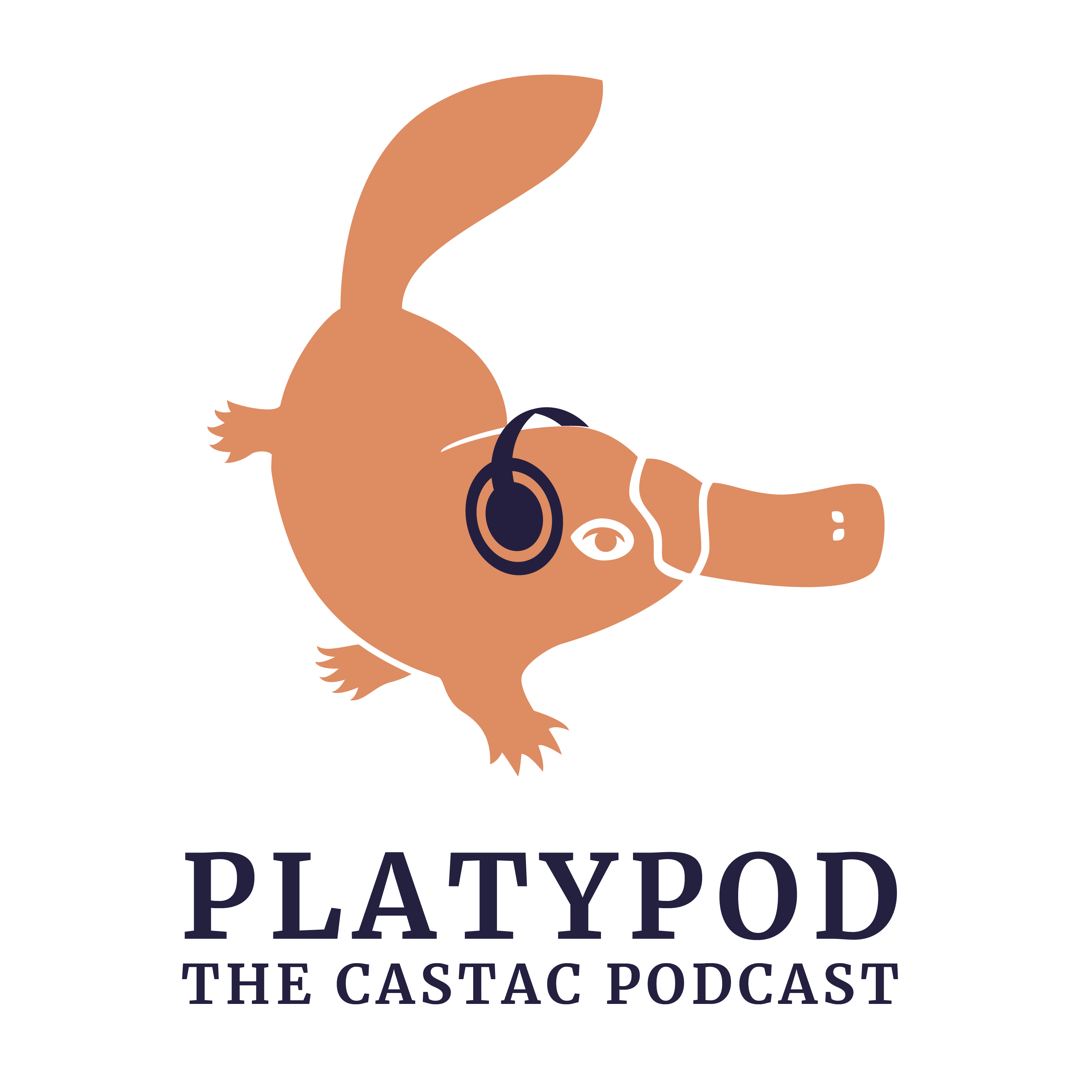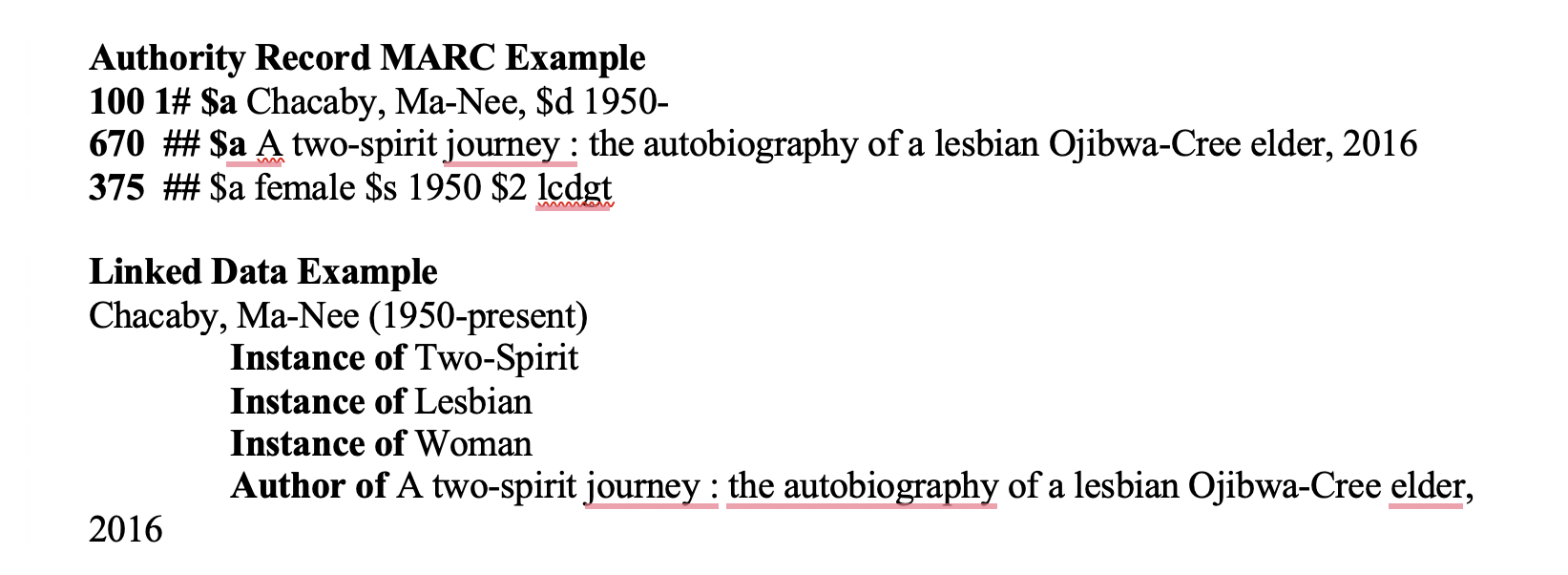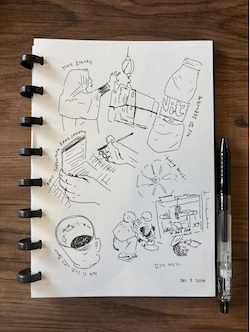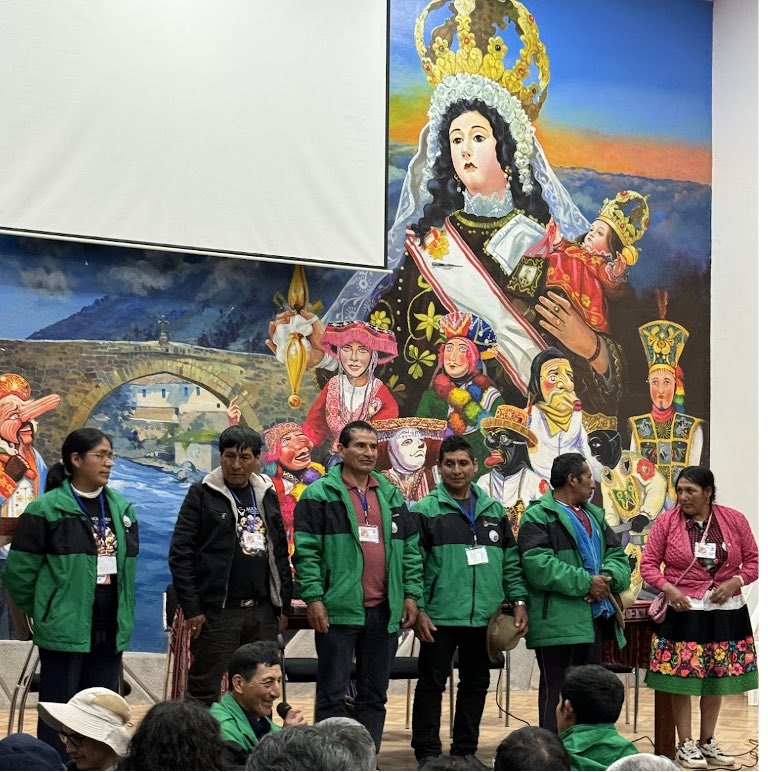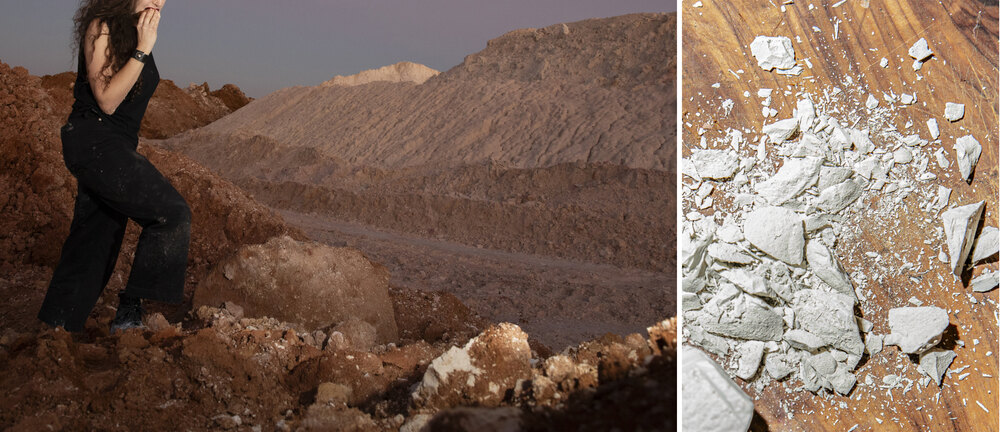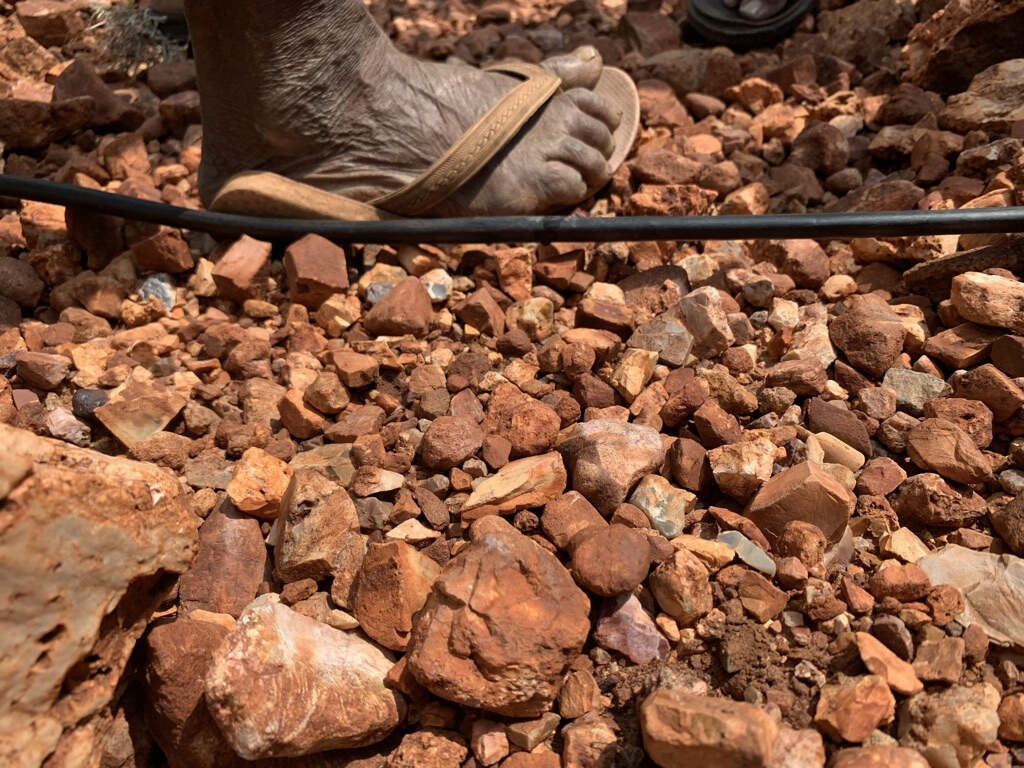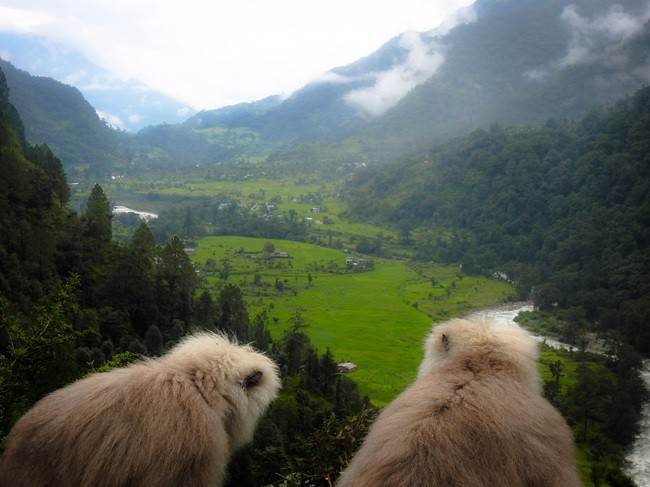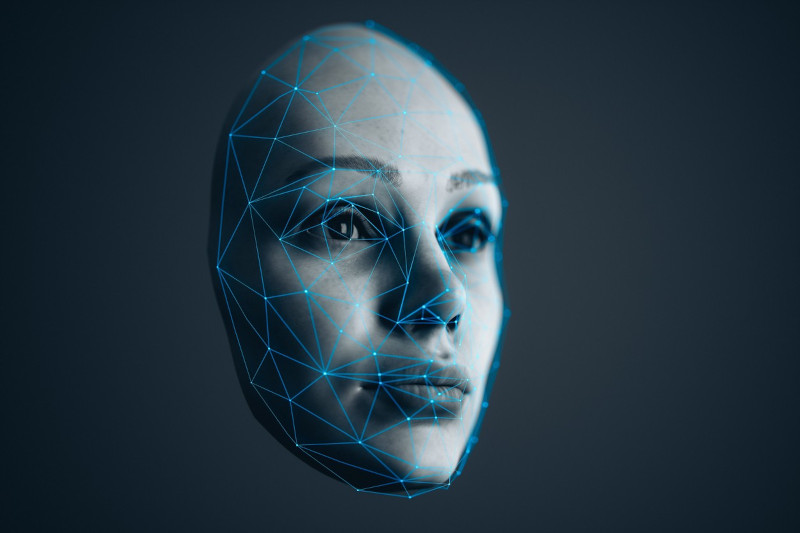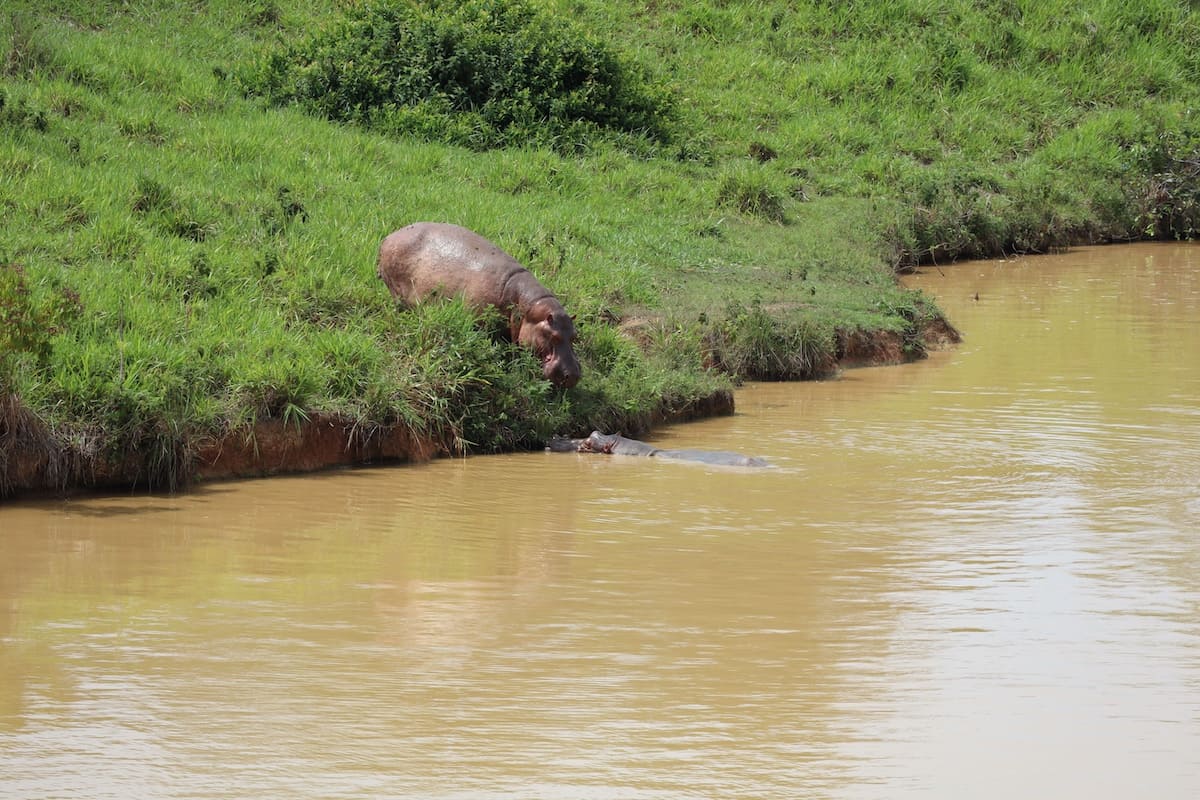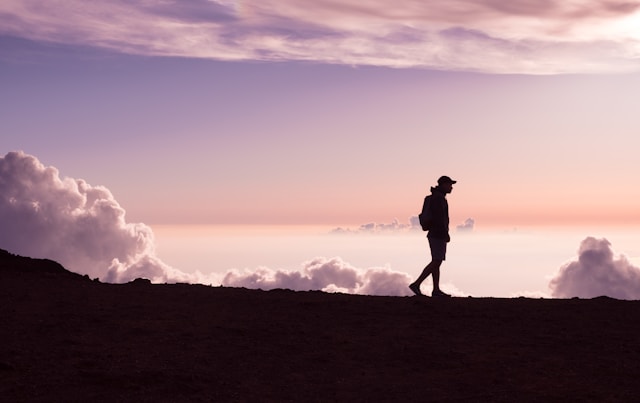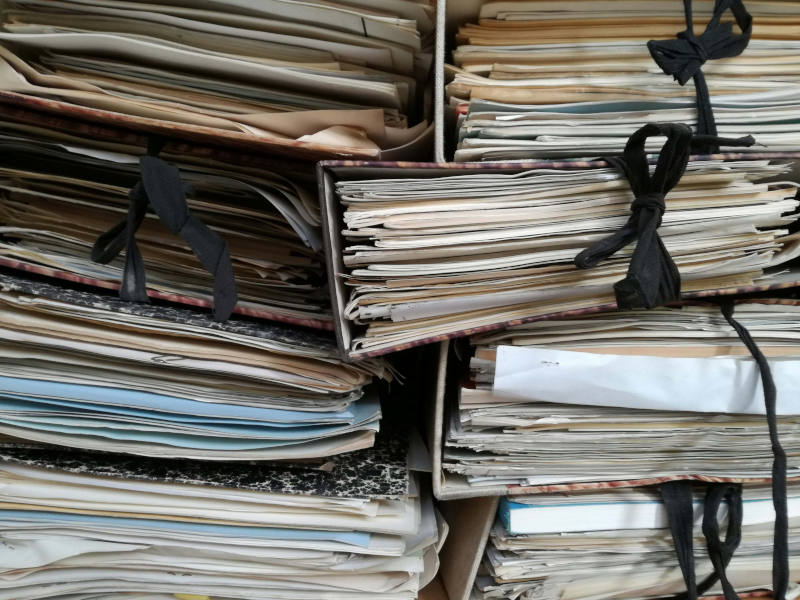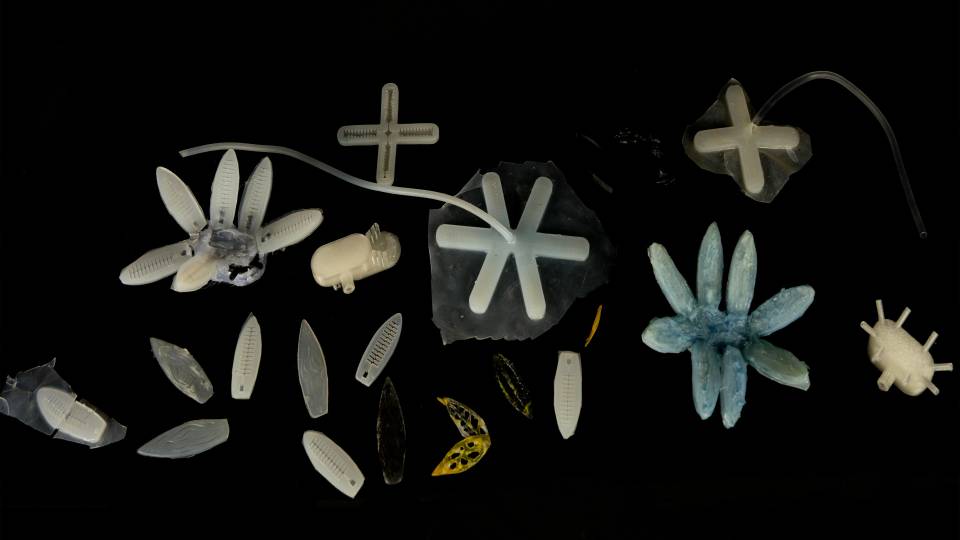
Worrying over Speaking and the Pretentiousness of Podcasts
Read the transcript here. This was meant to be a podcast about making podcasts. But in the end, this podcast is really just a conversation between two people who used to be close friends. It rambles and meanders. It doesn’t always stick to a coherent point. I wondered then whether it could also be academically useful. Relevant to conversations in anthropology? Or even interesting to anyone other than me? This podcast is a conversation with Thuy Nguyen, founder of the Berkeley Community Acupuncture clinic and licensed TCM practitioner who has her own podcast, You Are Medicine. We first started talking about what it’s like for her to make a podcast back in March, on a long drive together from Bakersfield, California to Window Rock, Arizona. Thuy runs acupuncture pop-up clinics and is training interns as part of her Navajo Healing Project there and she invited me to spend a weekend (read more...)
